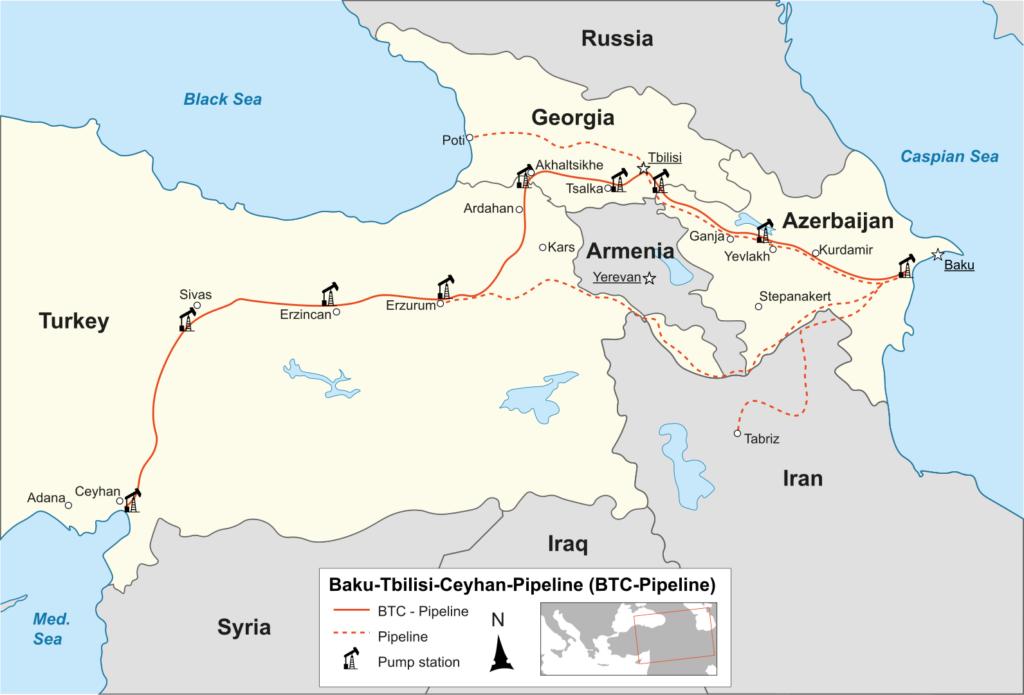G4Media: Romania investigates Russia over chlorine-tainted Azerbaijani oil bound for Europe

Romania is investigating Russia over chlorine-tainted Azerbaijani oil after refinery testing revealed contamination that could have caused severe equipment damage and major fuel shortages. G4Media reports, citing official sources, that the suspected sabotage has disrupted shipments, triggered an official crisis declaration, and raised alarm in Italy and Czechia.
Romania probes suspected Russian sabotage of oil supply
According to G4Media’s official sources, Romanian authorities are examining whether Russia deliberately contaminated Azerbaijani crude intended for OMV Petrom’s Petrobrazi refinery. The oil, transported through the Baku–Tbilisi–Ceyhan pipeline and shipped onward to Romania, was found to contain chlorine levels high enough to corrode refinery systems. Officials believe such damage could have led to prolonged shutdowns and serious disruption of the country’s fuel supply.
Contamination reaches other European countries
G4Media notes that part of the chlorine-tainted Azerbaijani oil had already reached Italy, where energy company Eni confirmed contamination in one of its refineries, according to Reuters. The Czech company Orlen Unipetrol, which was also due to process the batch, halted all operations involving the shipment.
Sources cited by G4Media say the contamination could have been carried out through a relatively simple sabotage operation along the 1,770 km pipeline route. The suspected method involved injecting several tankloads of chlorine into the crude stream during transit, a step that could have been executed without major technical obstacles.
Wider European energy risks
The Baku–Tbilisi–Ceyhan pipeline operator BTC Co., managed by BP, acknowledged being informed of possible quality issues linked to organic chlorides in some loads of its crude mix. BTC Co. stated it is assessing oil quality at all facilities along the route. Organic chlorides are sometimes used in oil extraction but must be removed before pipeline transport, as they can cause severe corrosion to refinery equipment.
Similar contamination incidents have had serious market impacts in the past. In 2019, Russian oil exports via the Druzhba pipeline were halted after high levels of chlorides were detected, forcing buyers to seek alternative supplies at short notice.
Strategic response and ongoing investigation
Romania’s emergency release of fuel stocks is intended to cover domestic demand until uncontaminated shipments arrive. G4Media reports that swift action by the Ministry of Energy helped avert immediate shortages, but concerns remain over the spread of contaminated crude in storage tanks and processing units across Europe.